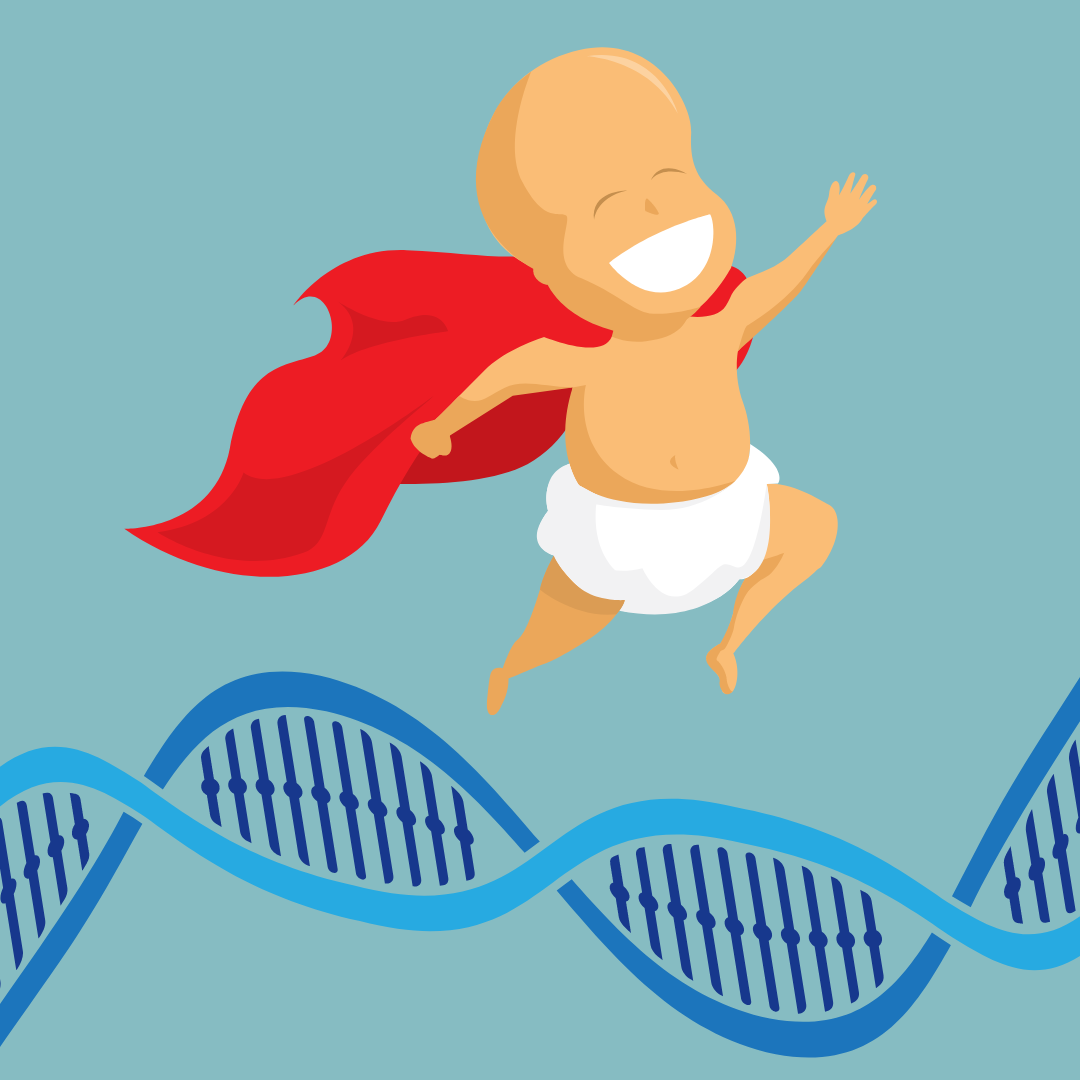Should We Use Gene Editing to Create Super Babies?
By Katie Hasson,
The New York Times Upfront
| 02. 17. 2025
A young couple wants to have a baby, but they’re worried it’ll carry a disease that runs in the family. “There’s a solution,” the doctor says, “a technology that can alter the disease-causing gene in the egg, ensuring that the baby is born healthy.”
“How about giving our child blue eyes and musical talent?” the parents ask. “I think I can help you,” the doctor says.
Such a conversation once belonged only in the realm of science fiction. But with advances in gene-editing technologies such as CRISPR, fiction might become reality. In 2018, a doctor in China announced that he’d used CRISPR to edit twin girls’ DNA to protect them against the AIDS virus.
But not everyone thinks the world is ready for all the implications of tinkering with human genes. For instance, who’d get to decide which traits should be changed? And aren’t the traits we’re born with part of who we are? In a recent Pew Research Center study, about half of Americans agreed that it was “meddling with nature” and “a line we should...
Related Articles
By staff, Japan Times | 12.04.2025
Japan plans to introduce a ban with penalties on implanting a genome-edited fertilized human egg into the womb of a human or another animal amid concerns over "designer babies."
A government expert panel broadly approved a proposal, including the ban...
By David Jensen, The California Stem Cell Report | 12.11.2025
California’s stem cell and gene therapy agency today approved spending $207 million more on training and education, sidestepping the possibility of using the cash to directly support revolutionary research that has been slashed and endangered by the Trump administration.
Directors...
By Tina Stevens, CounterPunch | 12.11.2025
Silicon Valley and other high tech billionaires are investing millions in start-ups dedicated to creating genetically engineered (GE) babies, according to a recent Wall Street Journal (WSJ) report. AI mogul Sam Altman, cryptocurrency entrepreneur Brian Armstrong, venture capitalist Peter...
By Jenny Lange, BioNews | 12.01.2025
A UK toddler with a rare genetic condition was the first person to receive a new gene therapy that appears to halt disease progression.
Oliver, now three years old, has Hunter syndrome, an inherited genetic disorder that leads to physical...




